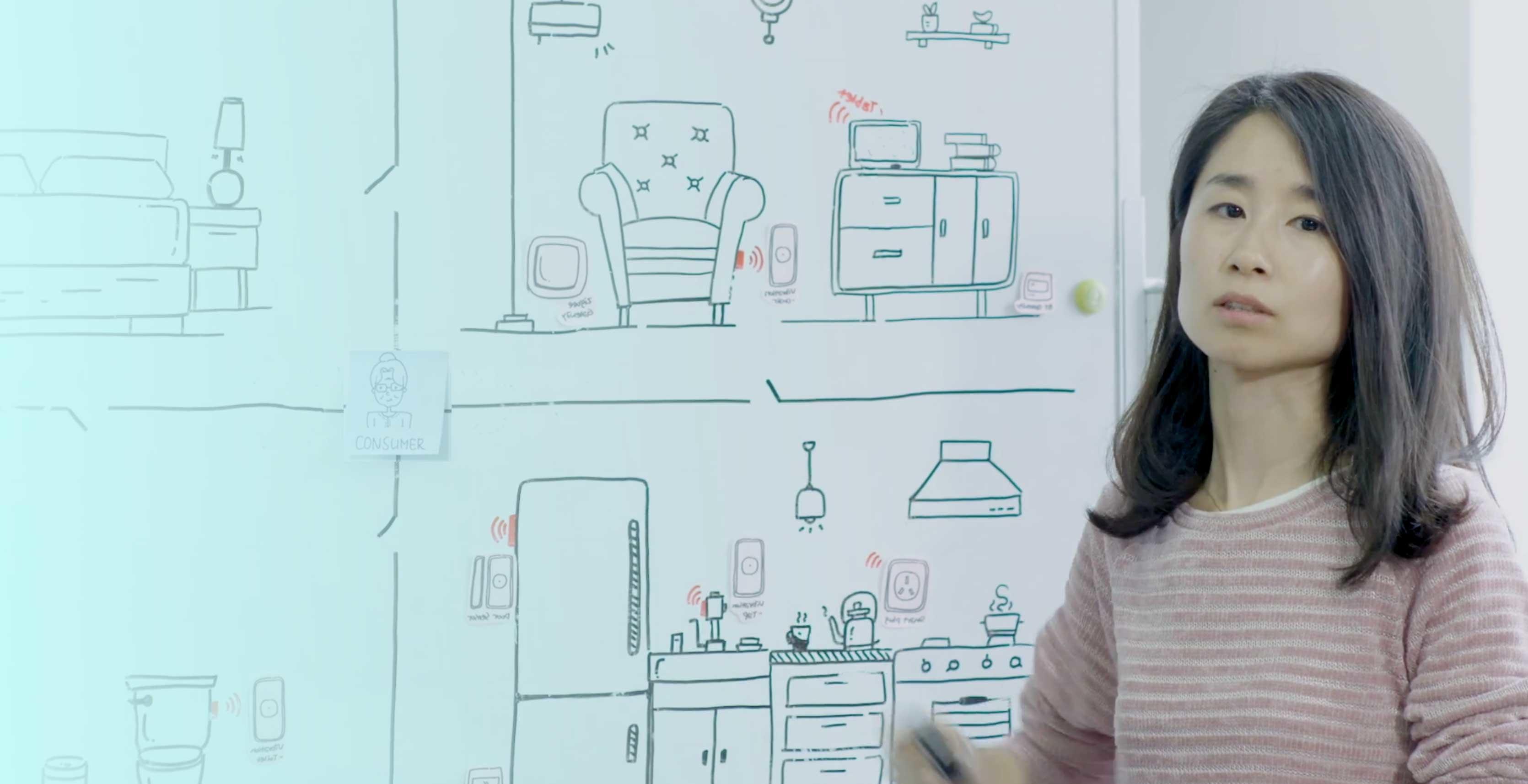Founded in 1925 to ensure road safety through vehicle inspection, today DEKRA is the world’s largest independent non-listed expert organization in the Testing, Inspection, and Certification sector.
Over the years, it has pioneered new methods to ensure the safety and compliance of its customers and employees with various international standards. As DEKRA ventures into continuous service offering, its Internet of Things IoT platform serves as the foundation for a variety of solutions.
Leveraging modern technologies to ensure safer industries
DEKRA has been innovating within the industrial sector, particularly with the development of several connected services. Its Crane Monitoring System CMS represents one of the solutions set to be launched more broadly in early 2024, initially in select European countries.
Cranes require regular maintenance, inspections, and condition analysis. CMS can automatically collect usage data, allowing crane owners to schedule services optimally without disrupting daily operations. This capability significantly enhances equipment utilization, improves safety by ensuring timely maintenance, ensures compliance with regulatory standards, and provides valuable insights into operational efficiency.
Given the diversity of crane types across different manufacturers and the range of operational ages—from brand new to several decades old—DEKRA has engineered a versatile measuring solution. This solution can be fitted to a wide array of crane models without impact on their functionality. This adaptability ensures that the new service can be deployed rapidly, avoiding the need for lengthy downtime for installation processes of the hardware.
DEKRA has a lot of background in test & measurement, yet several of the parts to an IoT business are still new for us. It was great to have Thoughtworks come in with their relevant expertise and a well-structured approach for the review.
Beginning of our cooperation
The CMS comprises physical components designed by DEKRA, attached to cranes, along with a dedicated connectivity solution. It also utilizes Microsoft’s Azure cloud platform capabilities to manage the devices and deliver insights to end users. All components of the solution are developed in-house by DEKRA teams around the world.
As DEKRA prepared to launch its CMS service to a broader audience, it wanted to work with an established digitalization partner capable of evaluating the CMS hardware components to provide an external perspective on whether the solution could fulfill the promises made to customers.
DEKRA chose Thoughtworks, attracted by the consulting team's vast experience and Thoughtworks’ thorough assessment framework, X-act. This method evaluates every aspect of product development, encompassing both software and hardware, to ensure all essential components are considered in the analysis.
Reinforcing the foundations to enable a scalable service business
Thoughtworks conducted a comprehensive evaluation at DEKRA’s R&D center in Solna, Sweden, including multiple remote group interviews. This helped to ensure that the hardware was versatile enough to function in a variety of installation locations, and reduce costs associated with the sourcing and installation processes. Our studies included a thorough review of the component manufacturers' documentation and the application of industry best practices in IoT system design.
We focused on assessing the hardware’s robustness and adaptability, examining its performance in scenarios reflective of the intended installation environments. This was crucial for ensuring that the CMS hardware would not only meet the current needs but also remain resilient and functional over its expected service life, even as those needs evolve.
To streamline the sourcing and installation process, our evaluation sought to pinpoint inefficiencies in the supply chain. We looked into alternative component suppliers, evaluated the cost-benefit ratio of various configuration options, and recommended strategies to optimize logistics and reduce overheads. Our aim was to guide DEKRA in a way which balances quality and cost-effectiveness, ensuring that the CMS hardware can be deployed rapidly and economically across diverse locations.
Leveraging industry best practices in IoT system design, we provided DEKRA with a set of suggestions for engineering practices and software design. The suggestions not only facilitate easier and less costly installations, but also enhance the long-term manageability and serviceability of the CMS hardware, ensuring DEKRA can offer a consistently high level of support to its customers.
Clear steps to the future
Through the current state analysis conducted by Thoughtworks, DEKRA received a detailed report that covered not only the CMS hardware but also related processes and supply chain considerations. Being looked at from various angles, the hardware passed the review and could be deployed at customer sites as is. The report also had our opinions and recommendations for the following areas:
- Suggestions to further improve product development processes, for example, shorter feedback loops with more active dialogue with customers, to determine which features should be developed next and how to integrate the CMS with other DEKRA digital services.
- Refined engineering practices to facilitate scaling of the platform, for example, coordinating remote updates for the entire fleet of devices and enhancing end-user support as the number of installations increases.
- Enhancements to the user experience for both DEKRA personnel who install and configure the hardware and customers who gain insights from their assets.
- Recommendations to streamline the hardware supply chain and reduce the number of steps from order to installation, saving both time and money.


















